TransPRK 7D smart surFace
State of the art surface-treatment
- Unsuitable for LASIK or SmartSight? Learn how this touch-free alternative can give you exceptional vision without glasses and contacts
Discover how this laser eye surgery alternative gives you life-changing freedom and convenience without touching your eye





Laser eye surgery in Zurich with leading Lasik surgeons: Gain visual freedom with our method for exceptional laser eye surgery.
Discover everything you need to know about TransPRK laser eye surgery below
Your prescription should not have changed for at least twelve months before the procedure (ideally even longer) to be suitable for TransPRK.
Healthy eyes are also essential. Diseases such as cataracts or diseases of the retina do not allow treatment with TransPRK.
If farsightedness is present, a value of plus 3 is the maximum up to which we can carry out the operation. For nearsightedness, the value permitted is minus 8. We can treat astigmatism up to a value of 6 dioptres using TransPRK.
One thing should be clear, however: Which method is best for a patient is determined solely by the doctor. He knows the patient and, above all, he knows the eye that needs to be treated. Accordingly, it is not always the diopter values alone that are the deciding factor.
TransPRK is a vision correction method that works without any contact.
Unlike conventional PRK, the surgeon does not need to remove the epithelium (the corneal cover) by hand. With TransPRK, the excimer laser can perform this detachment much more precisely. Also, there is no pain or discomfort, and the wound healing process is much faster. As a rule, healing does not take longer than three days.
Once the laser has removed the epithelium, the actual correction begins – also by laser. The laser works on the top layer of the cornea and thus eliminates the ametropia of the eye.
To protect the cornea, relieve pain and speed up wound healing, the doctors put a special contact lens over it in the first few days. In this way, the cornea can recover quickly without disturbances or external influences.
TransPRK is the most modern evolution of all surface treatments. Even patients who are martial artists or exposed to potential trauma are good candidates for this surface treatment.
With this treatment technique, there are no weak points of the eye that could be displaced by exposure to force.
Patients with thin or slightly irregular corneas are also good candidates for this type of treatment.
Very safe. Anyone who undergoes this procedure need not have any concerns.
The epithelium grows back so quickly that hardly any complications can arise. This also means that the eyesight improves within a very short time. Significantly faster than with conventional PRK or LASEK (toxic alcohol effect). However, it takes a few weeks for the eyesight to recover.
In a few cases, treated patients complain that the healing process is sometimes a little painful.
In some patients, there is also a delicate corneal clouding or scarring (haze). This causes a mostly temporary deterioration in vision. Eye drops help here in the short term, and this clouding, also known as haze, is also not permanent.
Patients need to follow all recommended post operative check-ups.
The superficial cells are removed here with the help of a mechanical instrument. First, however, the cells are soaked in alcohol, which also has a toxic effect. This is also the reason for the prolonged wound healing compared to the Trans-PRK. The epithelium grows back together within 3-7 days. This also means that the ability to see increases within one week, although somewhat more slowly than with Trans-PRK. Nevertheless, it takes a few weeks for the vision to recover.
In a few cases, patients complain that the healing sometimes hurts a little due to the effect of alcohol. Some patients also experience a slight corneal clouding/scarring (haze). This usually causes a temporary deterioration of vision. Eye drops help in the short term, and this clouding, also known as haze, is not permanent.
All patients need to attend follow-up appointments after the operation.
With LASEK, the surgeon removes the superficial cells with the help of a mechanical instrument. The removed epithelial surface is often larger than the required “laser zone diameter”. This causes prolonged wound healing compared to Trans-PRK. The epithelium grows back together within 3-7 days, and the vision returns within one week. This recovery is slower than with Trans-PRK, where we remove only the most necessary epithelial area with the laser. Nevertheless, it takes a few weeks for the vision to recover.
In a few cases, treated patients complain that the healing sometimes hurts a little. In some patients, there is also a slight corneal clouding/scarring (haze). This usually causes a temporary deterioration of vision. Eye drops help in the short term, and this clouding, also known as haze, is not permanent either. All patients need to attend the follow-up appointments after the operation.
Choose the option below that sounds most like you to discover your best treatment
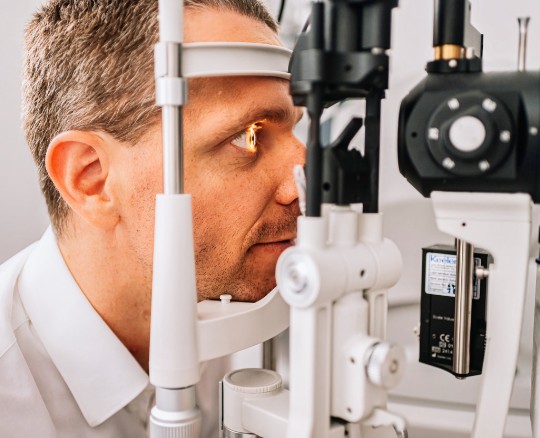
Together we will assess your needs and discuss possible treatments. During the first free consultation, you will get to know our practice and can clarify any questions you may have about laser treatments. We are also happy to conduct the consultation online as a video conference.
Termin vereinbarenWe are proud to be associated with top quality private medical insurance
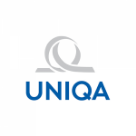
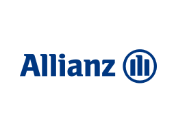
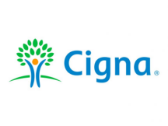
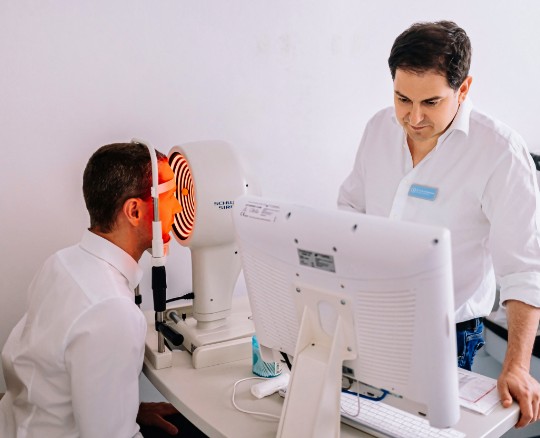
Things like age, eye shape, history and lifestyle make an eye treatment perfect for one person, but not another. Find out which treatment (if any) could free you from glasses and contacts
Take a quizDiscover our laser eye surgeons in the heart of Zurich